In the week since I wrote about heartache here on the blog, a lot of kind people have taken the time to share their own stories with me or simply offer up goodwill. One longtime reader directed me to this address about learning the healer’s art. It’s written from a religious perspective, but I think it touches on truths about the healing process that are universal, and I wanted to share from it today.
The speaker, Elaine S. Marshall, was dean of the BYU College of Nursing. I’m not surprised that these insights would come from someone who spent a lifetime in the nursing profession. When I was volunteering in hospitals, it seemed to me that nurses were the caregivers who become most intimate with patients’ experiences of illness and healing.
Marshall’s first insight is that “healing hurts.” It comes as a bit of a surprise, not because it isn’t true, but because I think we tend to envision healing as a process that “turns off” pain. As anyone who has healed from an illness, injury, or emotional hardship knows, though, pain is usually a part of getting better. Physical therapy tests one’s strength and tolerance long before a bone is set or a muscle strengthened; an infection might wax and wane and seem to grow worse before it recedes.
Heartache and mourning are equally unpredictable. Just when we think we’ve made peace with things, we’re hit with another wave of sadness, rage, or attachment to what we’ve lost. Eating disorder recovery can work the same way: we turn a corner, only to be confronted with an urge or tendency that just won’t quit.
Marshall writes,
When I was a young nurse in the hospital, hardly a day went by that a patient did not ask, “Will it hurt?” If I had been truthful, the whispered answer would nearly always have been, “Yes, it will hurt.” I have learned that healing hurts. Life hurts. Healing really only begins when we face the hurt in its full force and then grow through it with all the strength of our soul. For every reward of learning and growing, some degree of pain is always the price.
This is such an important insight, not only because it acknowledges the universality of suffering as a part of healing, but also because Marshall has the guts to admit that she wishes she had spoken more honestly to her patients about the reality of their pain. Healing is difficult no matter what, but perhaps it would be easier if we were to accept that pain and hardship are woven into the process.
In my work, I see many people who are various stages of healing. Some are struggling with digestive ailments or adjusting to an unexpected diagnosis; other are working to heal their relationships with food. My experience has been that nearly everyone finds his or her way to some form of healing, but the process is rarely as linear or as quick as the person would like. Food, ironically, is the easy part. The real challenge is to accept that the journey will be unpredictable.
This ties into Marshall’s second lesson, which is that “healing is active—you have to be there.” She writes,
. . . To begin healing, you must acknowledge and feel the hurt. Only those who don’t feel, those without conscience, cannot heal.
On [my] first day as a nurse, I assumed cure, care, and healing to be synonymous. I have learned they are not the same. Healing is not cure. Cure is clean, quick, and done—often under anesthesia. The antibiotic kills the pathogen; the scalpel cuts out the malignancy; the medication resolves the distorted chemistry. Healing, however, is often a lifelong process of recovery and growth in spite of, maybe because of, enduring physical, emotional, or spiritual assault. It requires time.
I like how Marshall frames this. The “active” posture she describes isn’t forceful or aggressive. It’s a kind of presence, a capacity to feel. It’s about showing up even when it hurts and meeting things as they are, without knowing how they’ll turn out.
I heard it said recently that what makes human beings unique is our impulse to map meaning onto our experiences. It reminded me of Joan Didion’s observation that “we tell ourselves stories in order to live.” I think this is a beautiful impulse, but I suspect that it can be part of our vulnerability, too. When things feel senseless—when resolution is remote and insight hard to come by—it’s difficult for us to respond. At these moments it’s helpful to remember that feelings of despair and senselessness can be endured even even if we haven’t yet been able to place them into a meaningful context. Marshall’s words are a good reminder of this.
Marshall goes on to share several other wise lessons about healing, including the assurance that “healing is private” and the reminder that it’s our responsibility to help others through their healing. This last point echoes something I’ve always felt, which is that healing is regenerative; any healing experience gives us the tools we need to support others.
Reading Marshall’s address, I was reminded of what drew me to the healing arts in the first place: first, the belief that healing is a birthright of sorts, something that’s possible for everyone, even if the process is deeply personal. Second, the feeling that we’re all in this together, holding each other up and allowing ourselves to be held.
I’ve been held up by a lot of people this past week, many of whom I’ve never met. And I’m so grateful.
I hope that Marshall’s words will find some of you at the right time. A big thank you to the reader who took the time to put it on my radar. Enjoy it, and the other recipes and reads this week.
Recipes
Is there such a thing as too many lentil/tahini/green salads? Nope, I don’t think so. This one, courtesy of Liberty from Homespun Capers, looks awesome.
Aimee’s Spanish omelette features new potatoes and chickpea flour, along with just a small handful of other ingredients. It’s so simple, but it looks so tasty and authentic.
I’m totally digging the brilliant color and toothsome texture of Ana’s beet “barlotto” (barley risotto) with hemp seeds.
I’ve tried lots of different pestos, but never a version with mustard greens. This mustard green pesto pasta bake looks awesome—perfect springtime comfort food!
Finally, I’m loving Claryn’s vegan poppyseed swirl bread, which is a perfectly traditional recipe to share on Easter.
Reads
1. RD Abbie Gelman shares some smart tips on how to improve or stabilize mood with good nutrition. I love that Abbie focuses first and foremost on consistent meals and good portion size; I totally agree that sporadic or inadequate food intake can often exacerbate mood imbalances or sluggishness.
2. Major props to Ashley Marcin for having shared her story of a longtime struggle with bulimia on Healthline. What’s so touching about this narrative is Marcin’s humble acknowledgment that more than a decade of her memories were tainted or shaped by the disease. She writes,
The thing is, the complications of bulimia go beyond the physical. I can’t get back the decade or so I spent in the throes of bulimia. During that time, my thoughts were consumed with binging and purging. So many important moments of my life, like my prom, my first day of college, and my wedding day, are tainted with memories of purging.
If you’re dealing with an eating disorder, I encourage you to seek help. You don’t have to wait. You can do it today. Don’t let yourself live with an eating disorder for another week, month, or year. Eating disorders like bulimia are often not just about losing weight. They also revolve around issues of control or negative thoughts, like having a poor self-image. Learning healthy coping mechanisms can help.
. . . It’s not easy. You may feel embarrassed. You may be convinced you can do it on your own. Stay strong and seek help. Don’t make my mistake and fill your memory book with reminders of your eating disorder instead of the truly important moments in your life.
Anorexia and disordered eating were a part of my life for so long that it’s practically impossible for me to imagine what growing up or young adulthood would have been without them. They also taught me a lot—or at least the recovery process did—and they shaped the appreciation I have of food today. I can recognize what they’ve given me as well as what they took away.
Still, I regret that so many of my memories, from birthdays and anniversaries to family vacations and precious time with friends, include the recollection of restriction, hunger, food anxiety, and mental math. I hate that I was adding and subtracting and negotiating tradeoffs in my head when I could have been experiencing life more directly and fully. It saddens me that at exactly the moment when I could have been making valuable connections—the college years, for example—I was self-isolating, choosing to be alone with my food obsessions. And like Ashley Marcin, I encourage anyone who can seek help to stop waiting and do it, to trust that what can be gained from recovery is precious and worth pursuing here and now.
3. RD Rebecca Stritchfield is a powerful advocate of body kindness and self-respect. I really like her response to a recent New York Times article on cooking classes as a potentially mandatory, health-promoting part of school curriculums. Her point is that cooking should be taught, but that it should be shared in a way that emphasizes its many gifts. Stritchfield notes,
We also need to expand the conversation of “health” to include mind and body health. This can include lessons in mindful eating, associating eating all foods with pleasure — including cookies and ice cream. (Let’s be real. People are going to eat sweets. Let’s help them do it without shame. Let’s help them make choices that fit them best and help them learn balance and moderation.)
There’s no denying the value of teaching kids to connect with food through cooking, and of course there’s ample evidence that home cookery can improve lifestyle and foster good health. Still, to present cooking only as a conduit to certain health outcomes (specifically weight maintenance) strikes me as a lost opportunity, an over-simplification of what can be a profound cultural, social, and sensory experience.
4. Relatedly, some sweet thoughts on why cooking and baking can feel so therapeutic.
5. Finally, Elaine Marshall’s words on “the healer’s art.”
Speaking of the healing powers of cooking, I’ll be sharing a bit about my current love affair with homemade bread making (albeit very low-maintenance bread making) this week. Till then, be well, and a very happy Easter Sunday to those of you who celebrated today.
xo
You might also like
Hi all! I hope you’ve had a good weekend. I’m writing from NYC, where I celebrated the book with some of my friends and family this week. Now the boy and I are taking a little staycation time in the Big Apple before heading back to D.C. to pack up and say goodbye. It’s a busy time, and an exciting time. Here are my weekend reading finds. Angela has created an ode to one of my favorite foods, toast. I could probably eat some…
Happy Sunday, everyone! It was a sparse blogging week, and it feels nice to be checking in. I hope you’ve all had an enjoyable weekend so far. I’m now only one exam away from the end of my Advanced Nutrition II class, nearing the end of fieldwork for my community nutrition class, and in the final two weeks of a hefty freelance project. Things are busy, but the end of this stretch is most definitely in sight. As I make my way through it,…
This week, I tried a new exercise: each night before bed, I made a quick list of the things that had given me happiness that day. It was surprisingly illuminating. I’ve done gratitude journaling before, but this was different. Whereas the list of things that I’m grateful for is usually long and unchanging (family, friends, shelter, food, health, home…and so on), the list of things that had made me happy shifted around a little from day to day. They were much more minute…
It hasn’t been a smooth season for me as far as body image goes. I started grappling with dysmorphia back in the fall. The discomfort has quieted down since then, but it hasn’t gone away. The last few months are the most consistently uncomfortable I’ve felt in my body in a good many years. I’ve been feeling the sensations without acting on them when it comes to my food intake—in fact, with the demands of the DI (commuting, lots of hours on my…

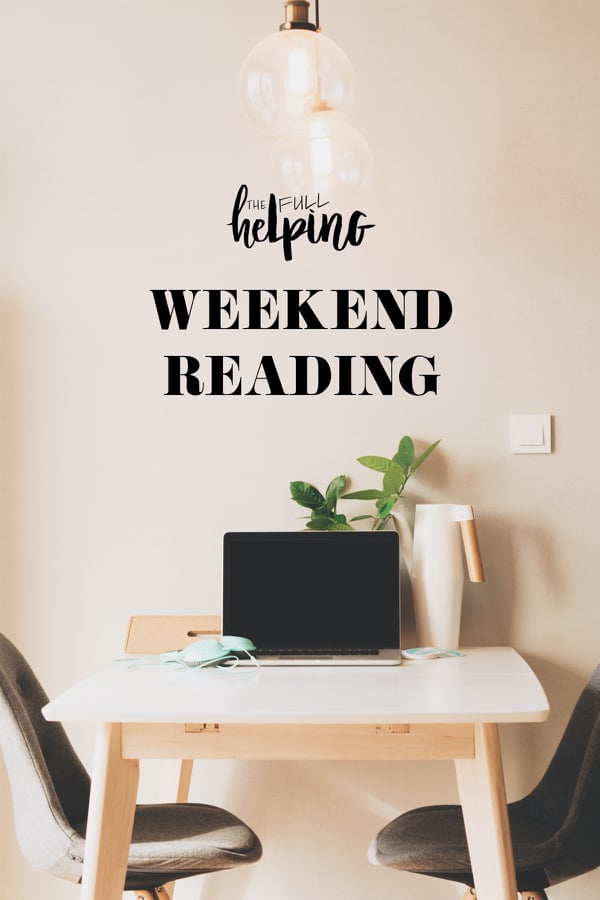
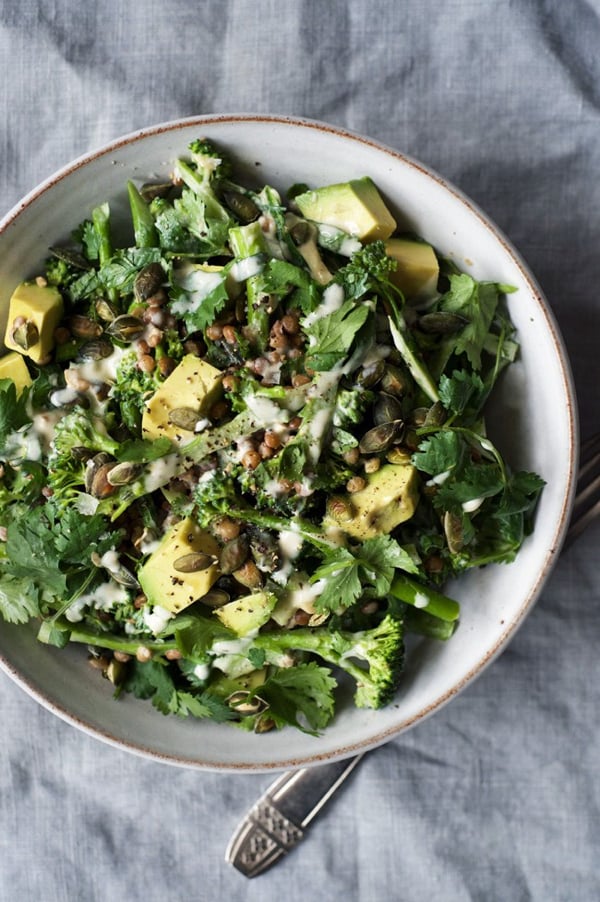
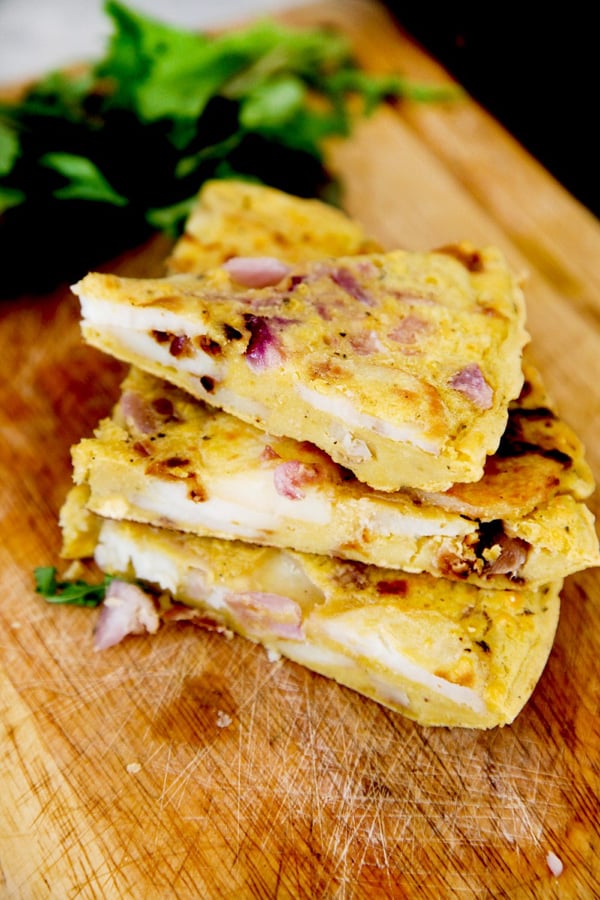
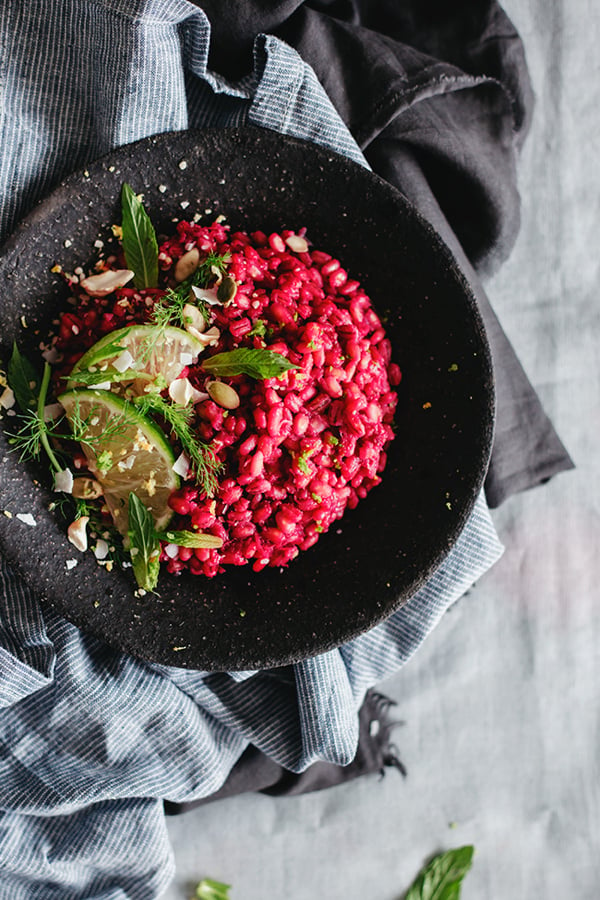
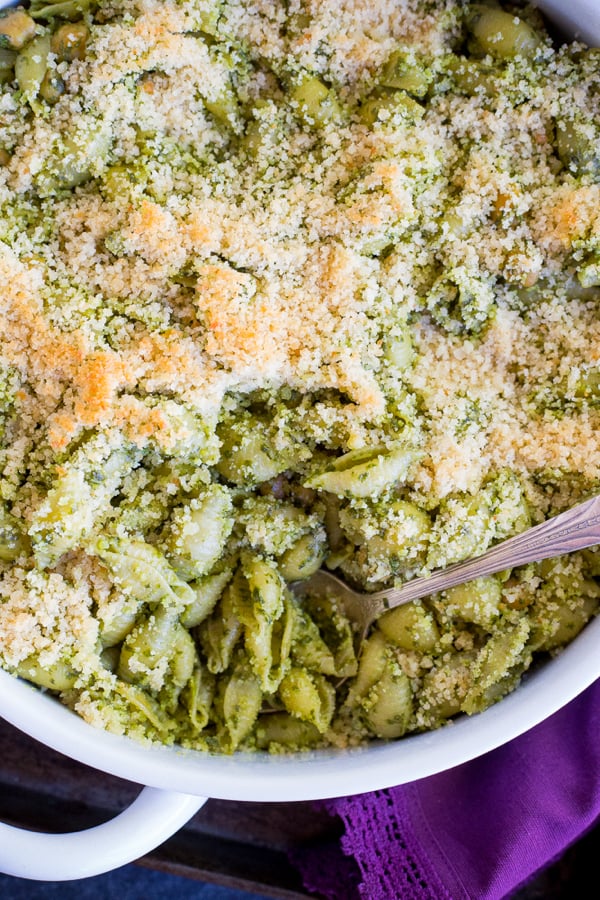
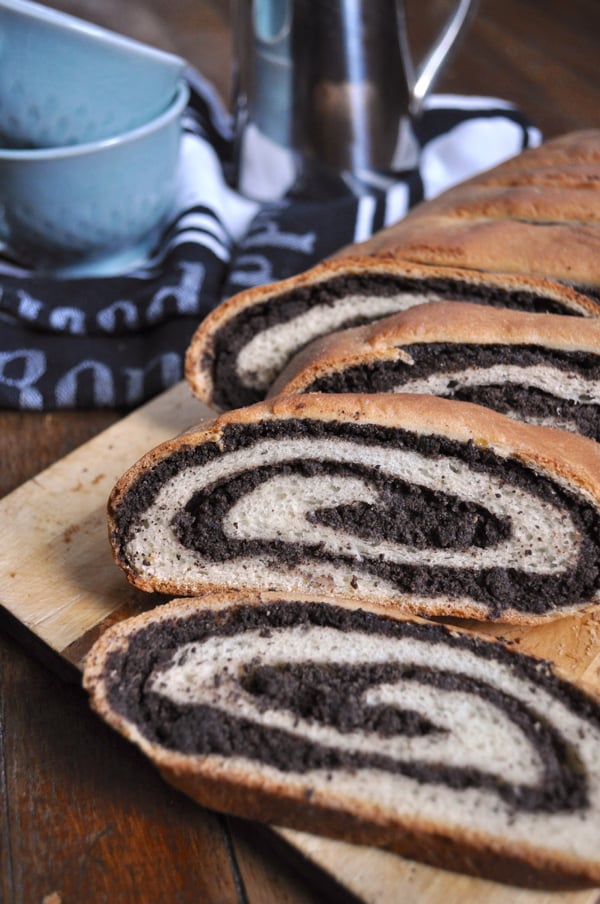
Leave a Comment
Have you made the recipes that you link to…? Or do you just share ones you come across? I have been having some problems with unreliable recipes from bloggers although i am an experienced cook and follow directions- just trying to make sure i start with recipes someone i trust (like you!) can vouch for!
That spanish tortilla looks fantastic, i made it frequently as a vegetarian but wiukd love your feedback on this version
I totally understand that! It’s frustrating when you’ve taken a gamble on a recipe and it doesn’t turn out.
That said, the weekend reading recipes are ones I’ve pinned or bookmarked or saved to make, and often over time I do make them, but I haven’t usually tried them before posting. I share what’s caught my eye that week. I’ll circle back and let you know if I get a chance to try the Spanish omelette.
So beautifully said, Gena. Thank you. And so happy to hear you have been held up in support by so many of us. We all love you, and are so grateful for your life. xo
Thanks so much for including my recipe, Gena! 🙂